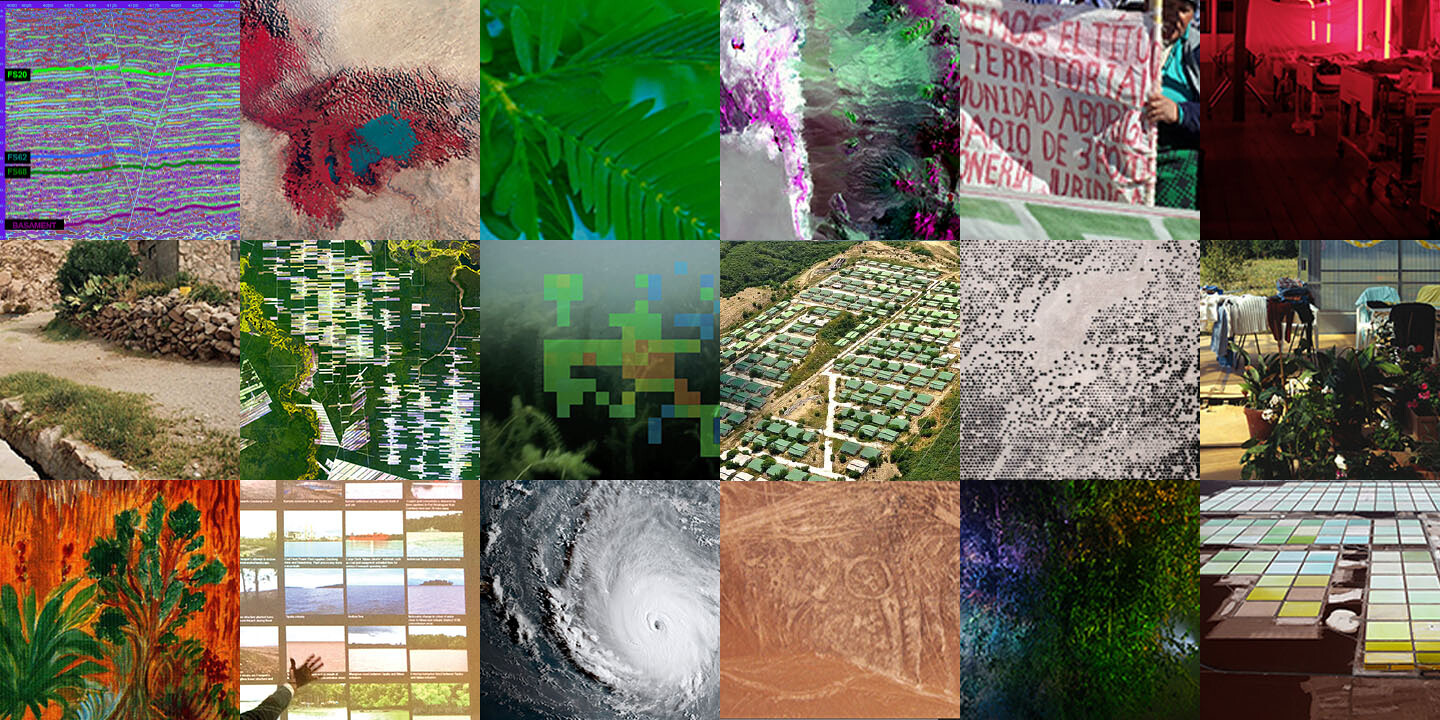Kensington, Battersea, White City
London SW7 2EU
United Kingdom
Environmental Architecture is concerned with how we imagine the role of architecture in the processes of environmental transformation that the Earth is undergoing.
It is in great part due to current models of urbanization, the associated greenhousegas emissions and the continuous expansion of agribusiness and resource extraction, that drastic changes in our environments are taking place. We witness the effects of these activities in increasing water scarcity, soil degradation, desertification, air pollution and large-scale wildfires amongst others. But perhaps more importantly, we witness their effects indirectly in the escalation of armed conflicts often resulting from the lack of resources, the emergence of populations being displaced due to fast paced climate change, and increasingly precarious social relations and modes of living.
But while the impact of humanity in environmental change is widely acknowledged, we still need to recognize that architecture is not always a secondary character in these processes—on the contrary, architecture is by itself an environmental agent. Be it because the construction industry is the source of more than 50% of carbon dioxide emissions, or more importantly, because architecture’s designs and interventions have direct environmental impacts on the Earth’s ecosystems. The challenge we are facing, therefore, is that of thinking the relation between architecture and the environment in far deeper ways than we have been doing so far. It is a challenge that requires us to re-think the territories we co-habit, how they are changing, and how to plan and design for future changes.
In response to this challenge, the MA Environmental Architecture sets out a new space of knowledge production, project-based expertise and design intervention that aims to challenge disciplinary boundaries, assist policy making, support human rights organizations, social movements or community groups, and re-configure the way we think, design and protect the futures of the Earth and its inhabitants.
Faculty: Dr. Godofredo Pereira, Dr. Jon Goodbun, Dr. Nikos Katsikis
Technical faculty: Olivier Dambron, Florencia Collo, Rafael Alonso (atmoslab), Ariel Caine, Gemma Riggs, Antonyia Stoitsova, Nicolo Bencini.
Recent Guest and Crit Members: Susan Schuppli, Nabil Ahmed, Mikaela Patrick, Adrian Lahoud, Shela Sheikh, Pedro Neves Marques, Florencia Collo, Daniel Fernandez Pascual, Samaneh Moafi, Platon Issaias, Beth Hughes, David Burns, Gemma Riggs, Adam Kaasa, Alonso Barros, Luciana Martins, Xavier Ribas.
Current projects: Environmental Futures in The Lithium Triangle
Research partners: Alonso Barros, Goncalo Pimentel, Jorge Vergara, Fundacion Desierto de Atacama, Rolando Humire, Architecture and Social Movements Research Group.
In a context of transition from fossil fuels to “clean” energy, the MA Environmental Architecture is looking into the contradictions of green technologies: as models of sustainable urbanism in “developed” countries promote the transition away from oil and towards renewable electric power, lithium has become as unique commodity. From solar panels, to wind farms, laptops, cell-phones or electrical vehicles, most green technologies are renewable-electricity-based and are dependent on the use of high-performance lithium-ion batteries for storing energy.
The studio’s research focuses on the social and ecological tensions that characterise processes of lithium extraction across Chile, Argentina and Bolivia—in an area also known as the “Lithium Triangle”—highlighting the environmental disputes between indigenous populations, state interests and global mining corporations.
Developed in collaboration with local organizations and advocacy groups, this four-year research project sets up the MA Environmental Architecture to explore some the most pressing questions of environmental thinking in architecture today. At stake is an opportunity for exploring new alliances between research and practice, towards the imagination of new environmental futures.
Call for applications for the 2018 MA Programme are open until the end of July



